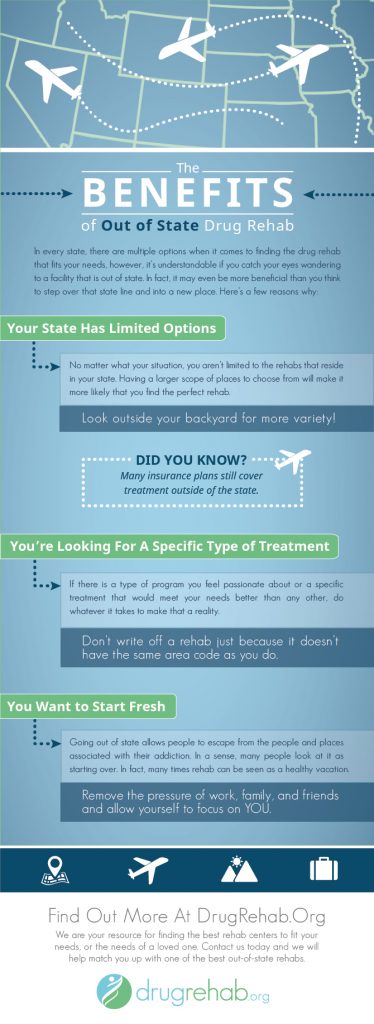Discover Exactly How To Create A Solid Post-Rehabilitation Treatment Approach And Acquire Long-Term Success
Discover Exactly How To Create A Solid Post-Rehabilitation Treatment Approach And Acquire Long-Term Success
Blog Article
Material Create By-Brandt Watson
You have actually finished drug rehabilitation, and currently it's time to produce an effective aftercare strategy to ensure your long-term recovery.
Read More Here : you're an individual determined to stay tidy and construct a fulfilling life. learn here will direct you via determining continuous support systems, integrating therapy and counseling, and developing healthy coping mechanisms.
With these strategies, you'll be outfitted to grow in your trip of sobriety.
Let's start.
Identifying Ongoing Assistance Systems
You should recognize at least three continuous support systems to ensure a successful healing after drug rehabilitation.
The first support group is your family and friends. They can offer emotional support, support, and assist you stay answerable. They can additionally give a safe and understanding setting where you can share your battles and triumphes.
The 2nd support group is your specialist or therapist. They can assist you overcome any type of underlying concerns that may have contributed to your dependency and supply support on how to avoid regression. https://blogfreely.net/norbert5jewel/recuperation-from-the-inside-out-the-thorough-approach-of-a-rehab-facility can likewise educate you dealing devices and healthy and balanced means to handle stress.
The 3rd support group is a support system or a sober area. Being bordered by others that are going through similar experiences can be unbelievably advantageous. They can supply a feeling of belonging, comprehending, and deal beneficial advice and assistance.
Incorporating Treatment and Therapy
To attain an effective recovery, it is necessary for you to proactively participate in therapy and therapy sessions, in addition to integrate them into your recurring support group. By doing so, you can optimize the advantages of these treatment methods and raise your possibilities of keeping long-lasting soberness.
Below are some key reasons that incorporating treatment and counseling right into your aftercare strategy is important:
- ** Emotional Support: ** Therapy and therapy provide a risk-free room for you to reveal your ideas, sensations, and battles pertaining to your dependency. It allows you to work through any kind of unresolved concerns and create healthy coping devices.
- ** Fall back Prevention: ** These sessions equip you with the necessary tools and techniques to avoid relapse. They aid you recognize triggers, create dealing abilities, and develop a strong structure for managing desires and stress and anxiety.
- ** Personal Development: ** Therapy and counseling assist in personal development and self-discovery. They assist you obtain understanding into the underlying sources of your dependency, boost self-confidence, and develop healthier partnerships.
Creating Healthy And Balanced Coping Mechanisms
During therapy and counseling sessions, it's important to proactively deal with establishing healthy and balanced coping devices in order to efficiently take care of stress and anxiety and obstacles.
You need to determine and recognize your triggers, those points that create you distress or anxiety. By identifying these triggers, you can establish approaches to cope with them in a healthy method. This could entail practicing deep breathing workouts, participating in physical activity, or discovering a creative electrical outlet to share your emotions.
It is necessary to also border yourself with a solid support system of family and friends who can supply encouragement and support.
Moreover, self-care activities such as getting enough sleep, eating well, and practicing leisure strategies can substantially add to your general well-being.
Final thought
In the trip in the direction of healing, producing a successful aftercare plan resembles having a tendency to a delicate garden. Just as a gardener supports each plant with care and interest, so too have to one cultivate recurring support group, integrate therapy and counseling, and create healthy and balanced coping systems.
By doing so, the seeds of recovery will blossom into a prospering garden, providing a solid foundation for a brighter, drug-free future.
